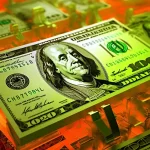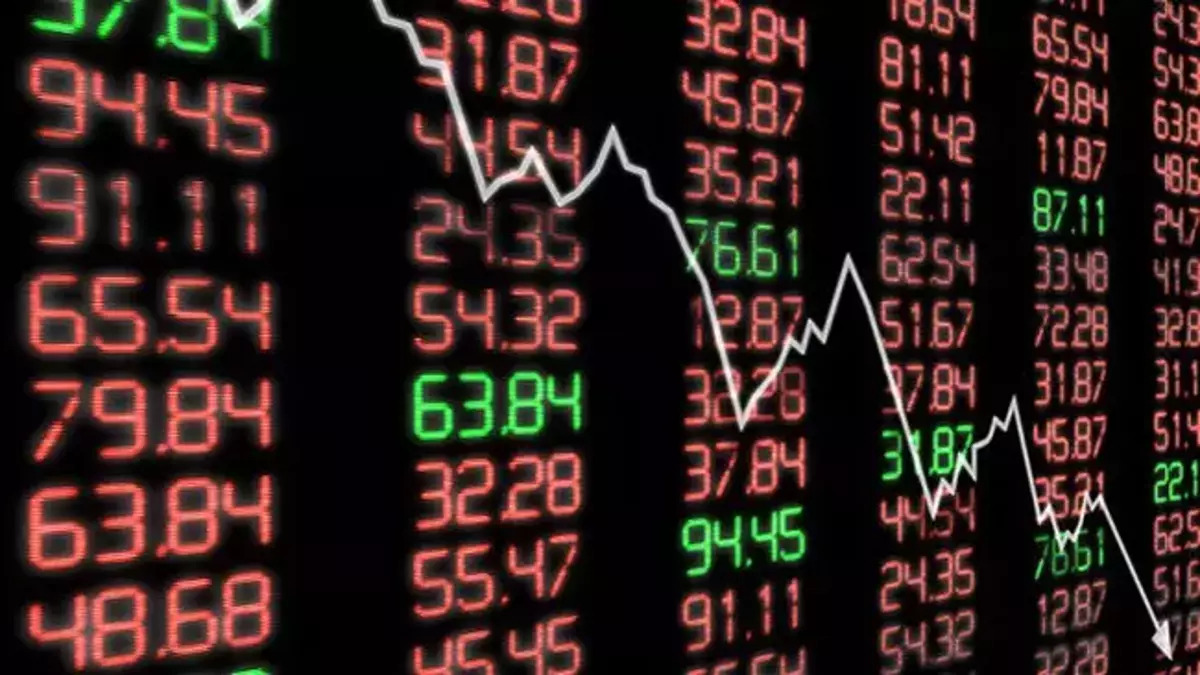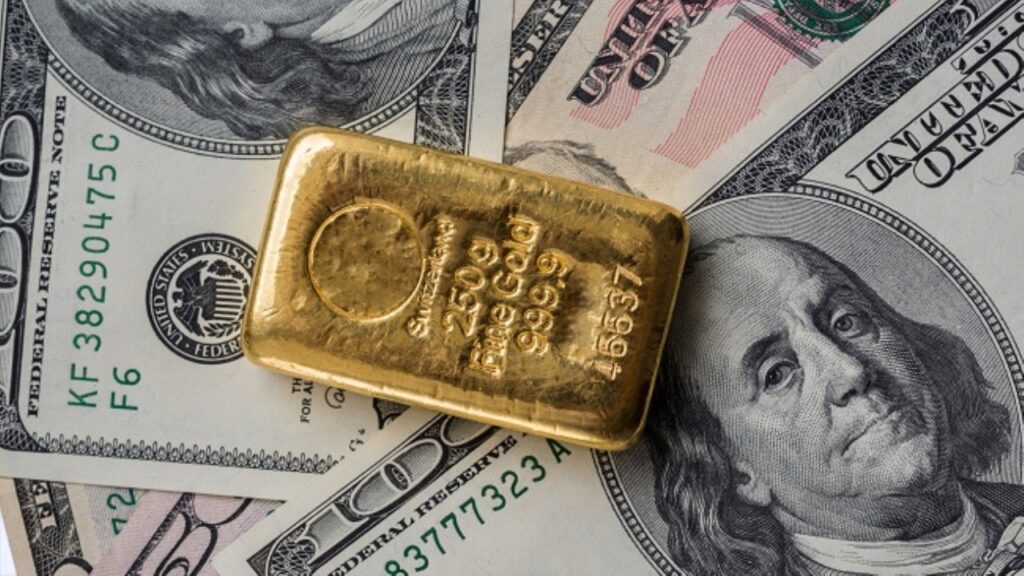When asked “Are you rich”, billionaires know what to answer, or even low-paid workers. Some even go so far as to say that they are poor. Experts point out that at some point, this situation turned into a problem for the whole country.
They work as lawyers, doctors or dentists in relatively wealthy cities of the USA such as New York, Phoenix, Memphis. Some have their own construction company, some own a burger chain. Many Americans own resort homes in towns they dream of relocating when they retire. Some are young, some are old, Democrats or Republicans. Among all these differences, there are two common features: They are rich and they don’t think they are.
25 percent think they are poor
Bloomberg did extensive research on more than a thousand Americans who could prove to be wealthy. People with an annual income of at least $175K were included in the study because that amount puts them in the top 10 percent of U.S. taxpayers. Half of the participants stated that they were “comfortable”, 25 percent said they were rich/very rich, and another 25 percent said they were poor/very poor/living on a scarce basis. Among the participants, there are also those who think that they are poor even though they earn 5 million or more, albeit at a low rate.
 Among the rich, there are those who cannot hold on to metropolises like New York and move to cheaper places. Photo: Freepik
Among the rich, there are those who cannot hold on to metropolises like New York and move to cheaper places. Photo: FreepikThose surveyed have good jobs, homes, and savings for retirement. Some have even achieved the “old-fashioned American Dream” through hard work. However, despite these, those who voiced their concerns about money are not few. High inflation in the USA also has an impact on this. In this period when education, cars, travel and food are expensive, half of the respondents in the survey stated that they are worried about money. But among the “ordinary rich”, those who think they are not wealthy are an issue independent of inflation.
Mass dissatisfaction of the rich may seem like a problem for the rich, but the researchers make another point here. The issue is interpreted as a signal of the collapse of American capitalism. Much has been written and said about the collapse of upward mobility in the US and that in recent years building a fortune in the country is no longer as easy as it used to be. Here is the question that researchers and journalists are addressing: “If those who do all this and are rich think that they are not actually rich, then what will we become who are outside of the aforementioned segments?”
What do the ‘ordinary rich’ say?
The main aim of the survey is to understand the size of the expanding “ordinary rich” class and to determine why there are so many people among this group who feel poor. Therefore, respondents were also asked if they would feel richer if they moved to another part of the country. While 10 percent of those who think they are poor answered yes to this question, 15 percent answered otherwise.
The most common situation in the survey is when the answer should be “yes” or “no”, but there is no clear “yes” or “no” answer to the question “Are you rich”.
Debra Corbin, a retired Florida resident, is 67 years old. His home is worth over $1.3 million. “ Wealth is subjective. For example, I feel rich in my hometown of Illinois, but it’s a bit difficult here,” said Corbin. “Because billionaires live here.” he says.
 Some of the high-income groups define wealth as not thinking about money at all. Photo: Freepik
Some of the high-income groups define wealth as not thinking about money at all. Photo: FreepikAttorney James Bramble, 53, lives in Salt Lake City and earns $350,000 annually. Bramble said, “To feel rich, you don’t have to think about money anymore. For example, you should not work for the rest of your life and be able to live just fine that way. I’m not at that level yet” he evaluates.
Tom Thompson, 54, a consumer behavior analyst, also lives in Dallas with his wife and one son. The annual income of the house is 450 thousand dollars. Thompson doesn’t think they’re rich, despite the $400,000 house they live in and the Hawaiian summer house. On the contrary, he says, rising income causes payments to rise as well. “I know our situation is very good, but since the pandemic started, my wife has not received a raise in her salary, and neither have I,” Thompson said, pointing out that their income has not caught up with the increased payments.
The middle class income in the USA was set at $90,131 thousand annually in 2020. According to 2018 data, low income is 48 thousand 500 dollars, high income (the class highlighted as ‘ordinary rich people in the survey) is 145 thousand 500 dollars.
Sources: Bloomberg, Yahoo Finance







